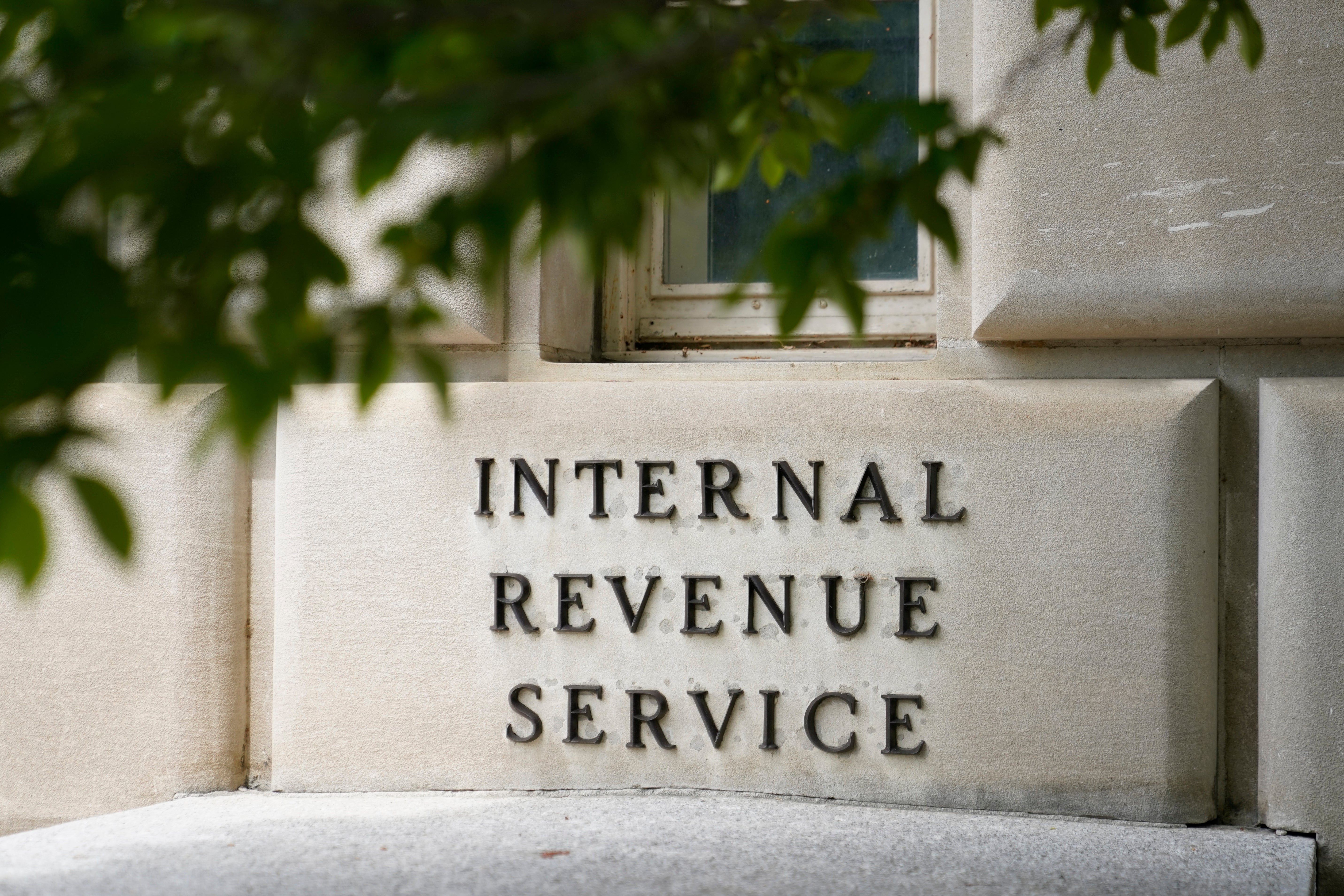The Supreme Court just ended ‘Chevron.’ What does that mean and how far will its impact reach?

The Supreme Court’s decision to scale back the authority of federal agencies means regulations and rules for the environment, health care, financial services, food safety, transportation and more could be dramatically altered moving forward.
Friday’s decision, ushered by the conservative arm of the court, overturns a 40-year precedent that allowed federal agencies to defer to their own expertise when interpreting ambiguous language, known as the “Chevron deference.”
Now, agencies will have to turn to Congress or the courts for guidance.
Experts are expecting far-reaching repercussions that could cause large delays in implementing rules and regulations since Congress will now have to understand complex issues and decide how to proceed. In the past, the agencies could decide how to handle enforcement or regulatory issues themselves.
Organizations that rely on federal agency’s guidance are warning about the potential for their respective industry.
Environmental
Policies set forth by the Environmental Protection Agency aimed at reducing climate change will most likely see a significant rollback under the new standard.
Already, the federal agency has faced difficulties implementing rules to reduce air pollution and cut greenhouse gas emissions in Congress and the courts.
“This is yet another blow to the EPA’s ability to tackle emerging problems like climate change,” Cara Horowtiz, an environmental lawyer, said in a statement.
She added, “By eliminating the duty of federal courts to defer to agencies in areas where the law is ambiguous about how to handle new or emerging threats, the Supreme Court takes more tools out of the toolbox of our federal regulators.”

Public health
Healthcare organizations fear that without the protections of Chevron could cause “significant disruptions” to publicly-funded health programs such as Medicare or Medicaid by allowing courts or Congress to decide how those programs are funded or administered.
“Large health programs such as Medicaid and Medicare, as well as issues related to the Food, Drug and Cosmetic Act, are extremely complex, so it is key that decisions about how to interpret and implement relevant laws are made by experts at government agencies,” a statement from the American Public Health Association and 17 other groups said.
“Yet today’s majority opinion explicitly ends the use of this sensible doctrine,” the statement continued.
Agencies that have been subject to political controversy like the Centers for Disease Control or Food and Drug Adminstraiton will be forced to listen to Congress when determining what they can or cannot do.

Financial sector
The elimination of Chevron could open the door for a slew of legal challenges to financial regulations set by the Securities Exchange Commission, IRS, Treasury and more.
For example, the decision could lead to challenges in IRS oversight, according to Kiplinger. The new regulations could make IRS tax compliance and enforcement more difficult as the agency will have to seek Congressional guidance on how to handle those issues.
Some financial groups that advocate for a more fiscally conservative agenda welcomed Friday’s decision. The National Taxpayers Union Foundation said in a statement that it would “level the playing field for taxpayers and government agencies.”
“Unreasonable IRS interpretations will no longer automatically win in court, which is as it should be, and reasonable interpretations will still have the force of law,” Joe Bishop-Henchman, vice president of the group, said.
The court’s decision could also make it more difficult for regulatory authorities to quickly enact rules that address timely issues – such as cryptocurrency regulation.

Labor unions
Labor boards have relied heavily on Chevron to issue guidance and enact protections for workers.
But under the new ruling, workers’ boards such as the National Labor Relations Board will most likely have to turn to judges to issue case decisions and interpret rules. The American Federation of Teachers, the country’s second-largest educator’s union, blasted the decision.
“The Supreme Court’s shameful decision turns democracy on its head. It fundamentally changes the role of unelected judges from interpreters of law to makers of law—and there is nothing in the Constitution that warrants that. By eliminating deference to public agencies, the court has undermined the ability of experts to set strong rules to protect consumers, workers and the public from corporations and other lawbreakers,” President Randi Weingarten said.
“This decision has real-life consequences for American families. It shifts power away from agencies with public-focused missions toward courtrooms and corporate lawyers adept at poking holes in regulations. It injects legal uncertainty into areas like workplace safety rules, overtime pay policies and collective bargaining rights interpretations—all of which have long relied on agencies’ Chevron-backed expertise. It will make it easier for employers to steal wages from their workers, and it could stop the Department of Health and Human Services from directly negotiating prescription drug prices for Medicare.”





